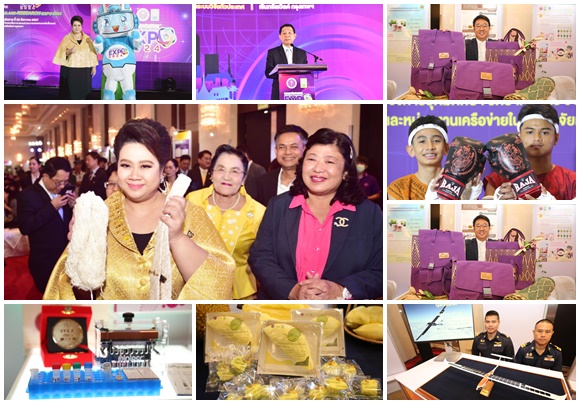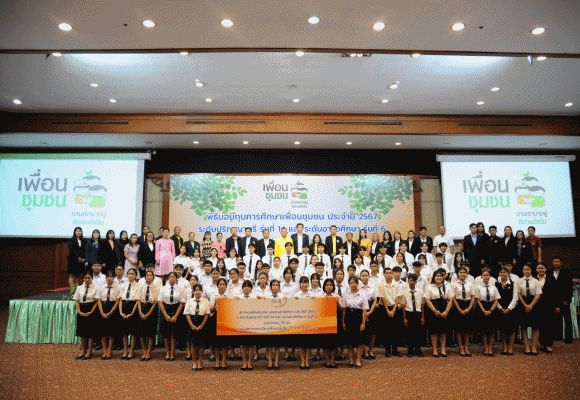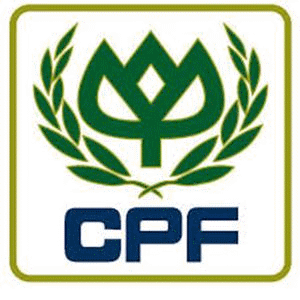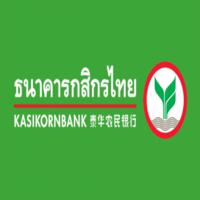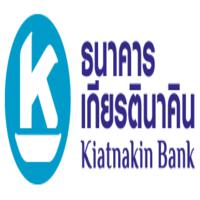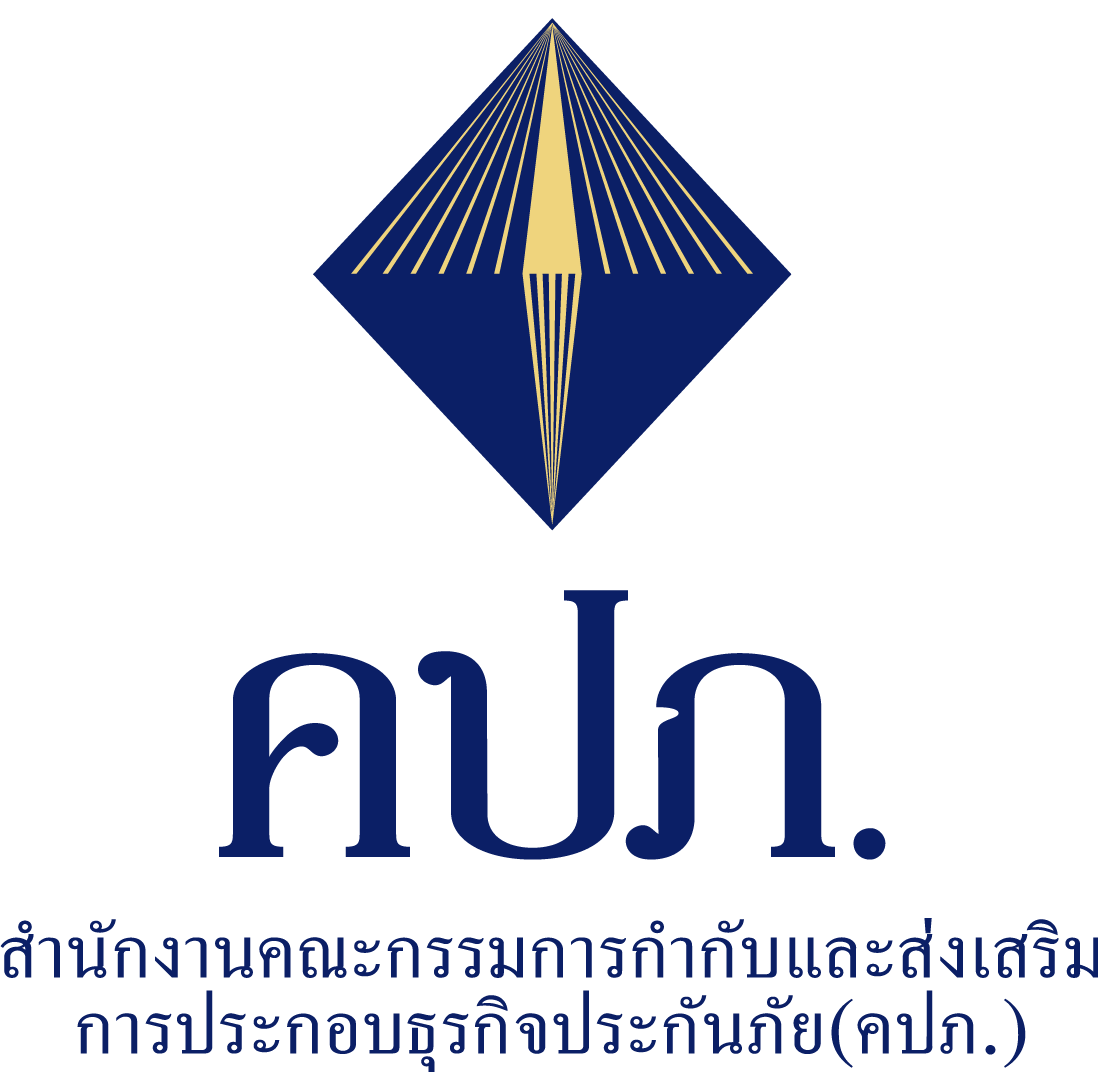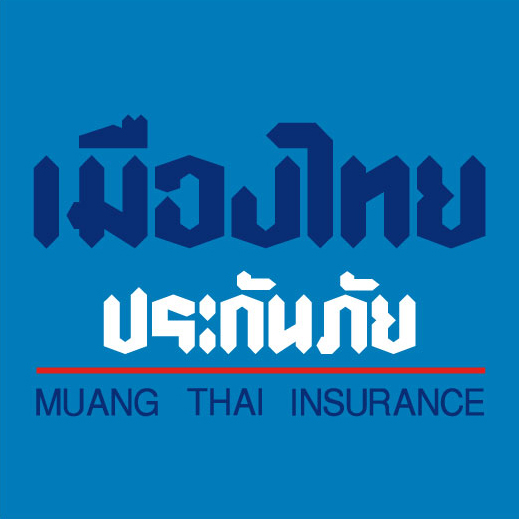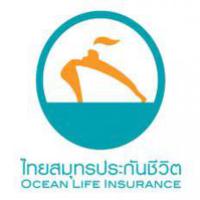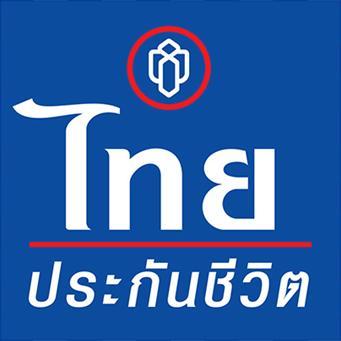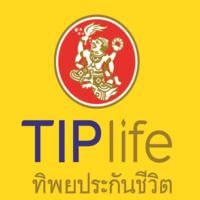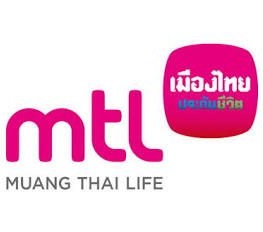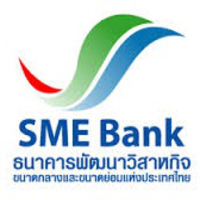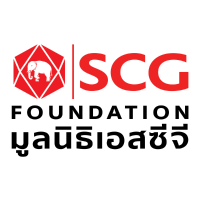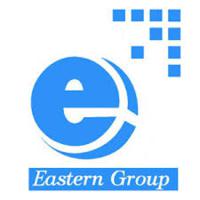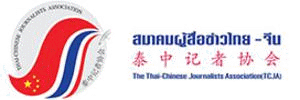- Details
- Category: แบงก์พาณิชย์
- Published: Saturday, 04 July 2015 21:10
- Hits: 2370
 กสิกรไทยชู 2 พันธมิตรระดับโลก ดันศาสตร์สากลต่อยอดธุรกิจครอบครัว
กสิกรไทยชู 2 พันธมิตรระดับโลก ดันศาสตร์สากลต่อยอดธุรกิจครอบครัว
กสิกรไทยดึง IMD และธนาคารลอมบาร์ด โอเดียร์ เสริมองค์ความรู้ธุรกิจครอบครัวไทย ถ่ายทอดมุมมองและประสบการณ์ด้านบรรษัทภิบาลและยุทธศาสตร์การบริหารในระดับสากล หวังช่วยการส่งต่อธุรกิจครอบครัวไทยมูลค่า 17 ล้านล้านบาทสู้ศึกการค้ายุคไร้พรมแดนอย่างราบรื่นยั่งยืน
นายธีรนันท์ ศรีหงส์ กรรมการผู้จัดการ ธนาคารกสิกรไทย เปิดเผยว่า ธนาคารกสิกรไทยในฐานะผู้นำอันดับ 1 ในการเป็นธนาคารหลักของลูกค้ากลุ่มธุรกิจครอบครัวของไทย ซึ่งมีมูลค่าธุรกิจรวมกันสูงถึง 17 ล้านล้านบาท ดังนั้นการพัฒนาธุรกิจและการส่งต่อธุรกิจครอบครัวจากรุ่นสู่รุ่น จึงมีความสำคัญต่อภาพรวมธุรกิจของประเทศเป็นอย่างมาก
ธนาคารกสิกรไทย จึงได้จับมือเป็นพันธมิตรกับสถาบัน IMD ซึ่งเป็นศูนย์ธุรกิจครอบครัวระหว่างประเทศอันดับ 1 ของโลก และธนาคารลอมบาร์ด โอเดียร์จากสวิตเซอร์แลนด์ ซึ่งเป็นธนาคารที่มีประสบการณ์ด้านไพรเวทแบงกิ้งและการบริหารความเสี่ยงมายาวนานกว่า 200 ปี ในการฝึกอบรมและให้คำปรึกษาแก่ธุรกิจครอบครัวในประเทศไทยในการส่งต่อธุรกิจให้มีความแข็งแกร่งด้านบริหารจัดการเพื่อแข่งขันในเวทีการค้าโลกที่มีการพัฒนาและปรับเปลี่ยนอย่างรวดเร็ว
ที่ผ่านมาธุรกิจครอบครัวมีปัจจัยอ่อนไหวที่มักเกิดขึ้นจากปัจจัยต่างๆ เช่น การส่งต่อธุรกิจจากรุ่นสู่รุ่นที่อาจจะยังไม่พร้อมส่งต่อธุรกิจ การบริหารจัดการภายในครอบครัวซึ่งมีความอ่อนไหวทางอารมณ์มากกว่าธุรกิจที่ไม่ใช่ครอบครัว ความรู้สึกของสมาชิกครอบครัวที่มีต่อการจัดการเรื่องการเงินภายในครอบครัว และความแตกต่างระหว่างรุ่นพ่อและรุ่นลูก ซึ่งต้องหาจุดร่วมที่ทั้ง 2 รุ่นจะเดินไปด้วยกัน ดังนั้นยุทธศาสตร์บรรษัทภิบาลในธุรกิจครอบครัว (Governance in Family Business) จึงถือเป็นหลักสำคัญที่จะช่วยเสริมโอกาสแห่งการเติบโตและขยายตัวต่อไปยังรุ่นลูกรุ่นหลานได้อย่างมีประสิทธิภาพ
ทั้งนี้ ธุรกิจครอบครัวมีความสำคัญต่อภาคเศรษฐกิจในทุกภูมิภาคทั่วโลก โดยในสหรัฐอเมริกามีสัดส่วนของธุรกิจครอบครัวสูงถึง 80-90% ในยุโรปมีสัดส่วนของธุรกิจครอบครัว 83% และในตะวันออกกลางมีสัดส่วนของธุรกิจครอบครัวอยู่ประมาณ 75% ส่วนในประเทศไทยธุรกิจครอบครัวขนาดใหญ่มีอยู่มากกว่า 50% หรือราว 7,500 บริษัท
ปัจจุบันการดำเนินธุรกิจครอบครัวของไทยส่วนใหญ่เป็นการบริหารงานของทายาทธุรกิจในรุ่นที่ 2-3 ที่กำลังจะส่งมอบให้รุ่นที่ 3-4 ซึ่งจะเป็นช่วงเวลาที่ท้าทายของธุรกิจครอบครัวในการคัดเลือกทายาทและรูปแบบวิธีการดำเนินธุรกิจเพื่อส่งต่อรุ่นต่อไป เนื่องจากโอกาสของการส่งต่อจากรุ่นสู่รุ่นยิ่งน้อยลง จากสถิติพบว่าการสืบทอดธุรกิจครอบครัว 70% ไม่สามารถอยู่รอดไปถึงรุ่นที่ 2 และ กว่า 90% ไม่สามารถอยู่รอดไปถึงรุ่นที่ 3 จึงเหลือธุรกิจที่อยู่รอดถึงรุ่นที่ 3 เพียง 4% ส่วนอายุเฉลี่ยของธุรกิจครอบครัวก็สั้นลงจากอายุเฉลี่ยของธุรกิจครอบครัวในปี 1990 คือ 50-60 ปี (ประมาณรุ่น 2-3) เหลืออายุเฉลี่ยของธุรกิจครอบครัวในปัจจุบัน คือ 24 ปี (ประมาณรุ่น 1-2) ด้วยเหตุผลดังกล่าวข้างต้น ทำให้ธนาคารตระหนักถึงความมุ่งมั่นพัฒนาธุรกิจครอบครัวไทยให้เติบโต พร้อมส่งต่อธุรกิจครอบครัวจากรุ่นสู่รุ่นได้อย่างยั่งยืน ภายใต้การดูแลลูกค้าธุรกิจครอบครัวขนาดใหญ่ของธนาคารสามารถช่วยให้ลูกค้าธุรกิจครอบครัวเติบโตได้มากขึ้น
ศาสตราจารย์เดนนิส เคนยอน ฮูวิเน่ ผู้อำนวยการศูนย์ธุรกิจครอบครัวระหว่างประเทศ สถาบัน IMD กล่าวเพิ่มเติมว่า แนวทางสู่การส่งต่อธุรกิจครอบครัวอย่างยั่งยืนภายใต้แนวทางบรรษัทภิบาล หรือ Corporate Governance เป็นยุทธศาสตร์ที่ได้รับการยอมรับอย่างกว้างขวาง ซึ่งหมายถึงการบริหารจัดการที่ดีเพื่อมุ่งสู่เป้าหมายต่อผลการดำเนินงานที่ดีและสร้างผลตอบแทนแก่องค์กรในระยะยาว สามารถตอบโจทย์ธุรกิจในการเตรียมพร้อมตนเองในการแข่งขันได้เป็นอย่างดี แต่บรรษัทภิบาลในธุรกิจครอบครัวก็มีความซับซ้อนมากกว่าธุรกิจทั่วไป เพราะมีเรื่องของสมาชิกครอบครัวหรือหุ้นส่วนเป็นตัวแปรสำคัญต่อการดำเนินธุรกิจ
โดยจุดมุ่งหมายหลักของการมีบรรษัทภิบาลในธุรกิจครอบครัว นอกจากจะทำให้ระบบการทำงานเป็นรูปแบบที่โปร่งใส สร้างความไว้วางใจระหว่างสมาชิกครอบครัวแล้ว ผลลัพธ์ที่ได้คือสามารถนำธุรกิจครอบครัวไปสู่เป้าหมายปลายทางของการดำเนินธุรกิจได้อย่างยั่งยืน นั่นคือ ผลการดำเนินธุรกิจโดดเด่นและเติบโตและความสมานฉันท์ระหว่างสมาชิกครอบครัวที่จะเป็นใบเบิกทางสู่การส่งต่อธุรกิจครอบครัวหรือการวางแผนทรัพย์สินร่วมกัน
ในขณะที่ มิสแอน มารี เดอ เวค รองประธาน กลุ่มธนาคารลอมบาร์ด โอเดียร์ สวิตเซอร์แลนด์ กล่าวว่า หากธุรกิจครอบครัวสามารถดำเนินไปตามแนวทางบรรษัทภิบาลจะช่วยผลักดันการบริหารสินทรัพย์ของธุรกิจครอบครัวได้เป็นอย่างดี โดยข้อปฏิบัติด้านบรรษัทภิบาลในธุรกิจครอบครัวที่ใช้สืบต่อกันมานาน มีดังนี้ ข้อปฏิบัติด้านสมาชิกและหุ้นส่วนธุรกิจครอบครัว ภายใต้ข้อกฎหมาย และกฎระเบียบต่างๆ ร่วมกัน (Partnership – Legal Structure) ด้านการบริหารการเงิน (Financing) ด้านการบริหารความเสี่ยง (Risk Awareness) และด้านการส่งต่อทางธุรกิจ (Next Generation)
นายธีรนันท์ กล่าวตอนท้ายว่า ความร่วมมือกับพันธมิตรด้านธุรกิจครอบครัวในระดับโลกในครั้งนี้ ไม่เพียงตอกย้ำความเป็นที่ 1 ในการเป็นธนาคารหลักของธุรกิจครอบครัวไทย แต่การจับมือกับศูนย์ธุรกิจครอบครัวระหว่างประเทศ สถาบัน IMDและธนาคารลอมบาร์ด โอเดียร์จากสวิตเซอร์แลนด์ จะเป็นประโยชน์อย่างมากแก่ลูกค้าธุรกิจครอบครัว โดยเฉพาะธุรกิจครอบครัวไทยขนาดใหญ่ซึ่งมีศักยภาพพร้อมเติบโตและส่งต่อธุรกิจได้อย่างมั่นคงเมื่อเข้าสู่ AEC และแข่งขันในเวทีการค้าโลก โดยกสิกรไทยเชื่อว่าธุรกิจครอบครัวไทยจะได้ประโยชน์จากความเชี่ยวชาญจากทั้ง 2 สถาบันในรูปแบบที่แตกต่าง แต่ลงตัวเหมาะสม เป็นรากฐานสำคัญต่อการดำเนินธุรกิจครอบครัวและการส่งต่อธุรกิจครอบครัวให้เติบโตได้อย่างมั่นคง สามารถสร้างมูลค่าโดยรวมต่อเศรษฐกิจในประเทศต่อไป
With world-class partners, KBank supports advanced family businesses with international know-how
KASIKORNBANK (KBank) joins hands with IMD and Lombard Odier Group to strengthen knowledge related to family businesses, as well as transferring a wealth of opinion and experience of good corporate governance and successful management strategies, in a bid to assist Thai family businesses worth 17 trillion Baht in the new borderless trade regime.
Mr.Teeranun Srihong, President of KBank, deemed a leader in family business segment with total business value of 17 trillion Baht, said that strategic family business development and solid succession are key to the overall business situation in Thailand.
Being aware of rapid and ever changing conditions in the global trade arena, KBank has forged an alliance with two Swiss organizations, namely the IMD business school – the world’s top institution for family business studies and Lombard Odier Group – an institution with more than 200 years of experiences in private banking and risk management. With this collaboration, training courses and business advisory service are offered for Thai family businesses, to further empower their competitiveness.
Emotional challenges exist for family businesses. Among them are ineffectual business succession, management disagreements among family members who are prone to greater sensitivity, the feelings of family members in regard to financial management and differences between parents and children. Common ground between two generations should be agreed, to drive the business forward in harmony. Strong governance in family businesses holds the key to the healthy growth and expansion of business empires, to be passed on to the next generation.
Family businesses are vital to the worldwide economic sector. They represent 80-90 percent of the country’s business sector in the US, 83 percent in Europe and 75 percent in the Middle East. In Thailand, KBank's family business customers total 7,500 companies, accounting for more than half of our total large corporate customers.
Currently, Thai family businesses are largely managed by the second or third generation, preparing to pass them to the next generation in line. This presents the most challenging time for businesses, in how to select appropriate heirs and viable business operating models, because the chance of successful succession is often slim. According to statistics, 70 percent and 90 percent of family firms do not survive into the second and third generation, respectively; and only 4 percent survive into the third generation.
The average life cycle of family firms has declined gradually from 50-60 years in 1990 (for second/third generation governorship) to 24 years currently (first/second generation management). For those reasons, KBank is determined to promote family businesses; along with ensuring that family business succession is sustainable. Under KBank’s care, the large family businesses of our customers have thrived well.
Professor Denise H. Kenyon-Rouvinez, Director of the IMD Global Family Business Center, added that sustainable family business succession under corporate governance is widely accepted, as this lends sound business management to achieve good operating results in the long term. It also allows family businesses to prepare themselves for heightened competition. However, corporate governance in family businesses is more complex than other businesses because family members or partners are major variables in business undertakings.
The corporate governance model in family businesses aims for operational transparency and to ensure trusts among family members, thus leading to a sustainable business. In other words, good business performance and family harmony are key drivers to achieve effective family business succession and asset planning.
According to Ms. Anne-Marie de Weck, Vice-Chairman of the Board of Lombard Odier Group, Switzerland, family businesses adopting corporate governance models will enjoy asset management benefits. Implemented over an extended period of time, the best practices of governance in family businesses include 'Partnership – Legal Structures', 'Financing”, “Risk Awareness” and 'Next Generation'
Mr.Teeranun finally added that this world-class collaboration with partners whose principal focus is on family businesses, certainly underscores KBank’s top position as the main operating bank for Thai family enterprises. More importantly, the tie-in with the IMD Global Family Business Center and Lombard Odier Group will greatly benefit our family business customers, notably large-scale enterprises with enough potential to grow, as well as to ensure a secure and smooth transition into the age of AEC, where competition in the global trade arena will be more intense. With both institutions’ exceptional expertise – different, but working in perfect combination – family businesses will be fundamentally stable. Their enterprises will be steered towards growth and stability, helping increase the value of our economy overall.












